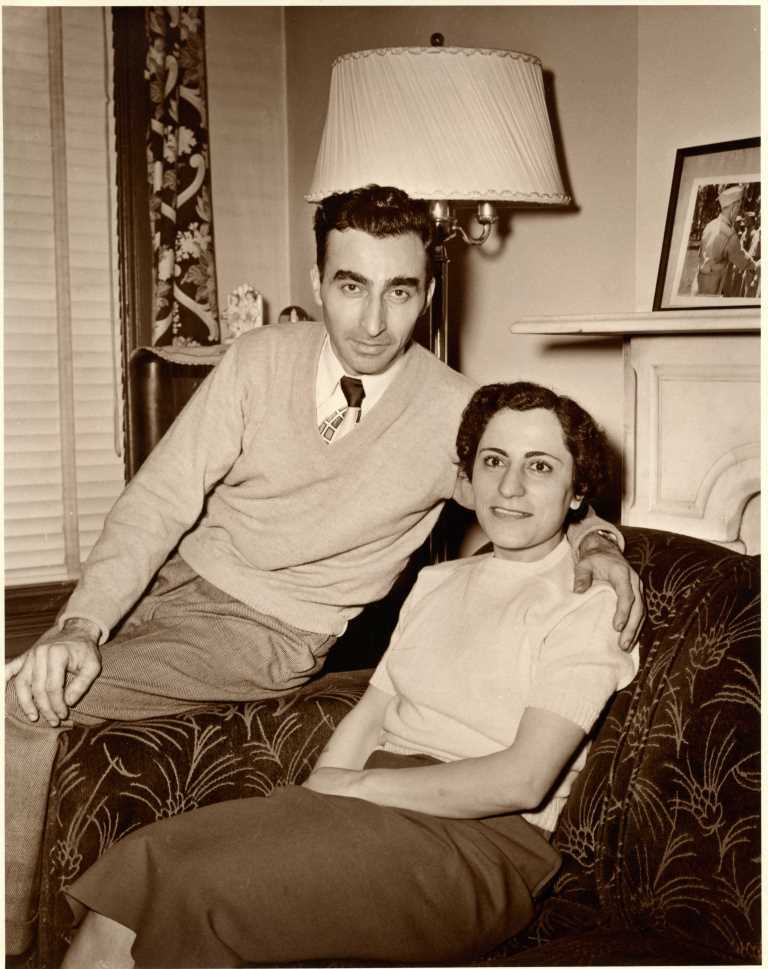Immigrant Parents’ Money Management Lessons
My parents immigrated to America for a better life. My father arrived with his mother through Ellis Island in 1920. My mother arrived nearly 30 years later. They met at church and married. Both modeled the old-time work ethic and a spirit of self-reliance. Settling down, they started a family. They paid for things once they had money. If they didn’t, we did without.
I was the last of their three children, born on my father’s 49th birthday. Hand-me-downs were the norm as were home-cooked meals. Sometimes entire meals were home-grown corn on the cob. We had a meal of bologna or canned ham when they were on sale. An oven full of baked potatoes sustained our family of five for several meals. We didn’t like leftover potatoes, but there was no rebelling. Call me old fashioned, but I’m surprised when today’s parents lament upon their children’s finicky appetites. If we complained, we didn’t eat. Eventually, growling tummies would lead us back to the table.
I imagine that my parents drew strength having escaped the Armenian Genocide. They came to the land of opportunity and worked hard to earn a piece of the American Dream.
They modeled self-reliance. Despite having three children to clothe, feed and shelter, they frowned on any form of government aid, even after my father’s company went on strike. We may not have liked nor understood it then, but these childhood challenges made us stronger as we grew older.
Unbroken and Stronger by Doing Without
I left home soon after turning 18. Working part-time while attending college, my husband and I were committed to surviving. The lean years, especially one, when money was tight, tested our fortitude. In the late 70s, for one year, we spent only $5 a week for food. What did $5 buy back then? A 20-pound bag of potatoes, 2 gallons of milk, and 5 cans of corn. Although it was a bland diet that made our skin grow pale by year’s end, we made it work. When hubby’s grandma invited us over for a meal of pork chops, we’d split the meal and take the other home to savor.
We said, we’d never hope to be in that situation again. Of course, it happened in 1989, after we moved to California. Despite a decent salary, California’s hot real estate market and an 80% rise in my husband’s out-of-state tuition, took every penny we had. Once more, we returned to the “good old days” of a veggie diet to make it work.
Why So Many Families Are Short of Cash
Nearly thirty years later, I’ve seen enough of how others choose to spend their money. My own in-laws were initial eye-openers of how people stay stuck living check to check. Both my husband’s parents were poor money managers. Unable to save, they spent as soon as they cashed their checks. While they worked hard, they spent even harder.
We “loaned” them money, shortly after my hubby and I were living together. I was still in my late teens. Our helping them financially didn’t end until after they died and we paid for their funerals. Today, I find the same style of living among those who get a raise, a bonus, or an inheritance. Instead of saving their financial windfall, they spend it. Perhaps, this behavior explains why so many lottery winners end poorer than before they won.
Somewhere along the line, our society lost our American value of independence. Of course, it starts at the top. Over my life-span of nearly six decades, I’ve witnessed increasing instances of self-serving behavior at the top. Instead of the trickle-down theory, we have an upward mobile attitude of apathy. “Why bother? If I save, it’ll be taken away from me.”
I am responsible for my own life.
Despite what others do or say, I will be responsible for my own life. Like my parents, I will spend less than I earn, save money for emergencies, and buy what I need when I have the funds. When my mother needed care, my parents used their savings to offset her medical bills. When my father was diagnosed with dementia and later Alzheimer’s, we were able to use what was left of his savings (a blue-collar factory worker) to pay for his nursing and medical care.
If we each accepted responsibility for our own lives, we’d worry less, have more, and be able to ride life’s rising and falling tides.
Initially published a half-dozen years ago, my parents’ three money management tips still hold true.









